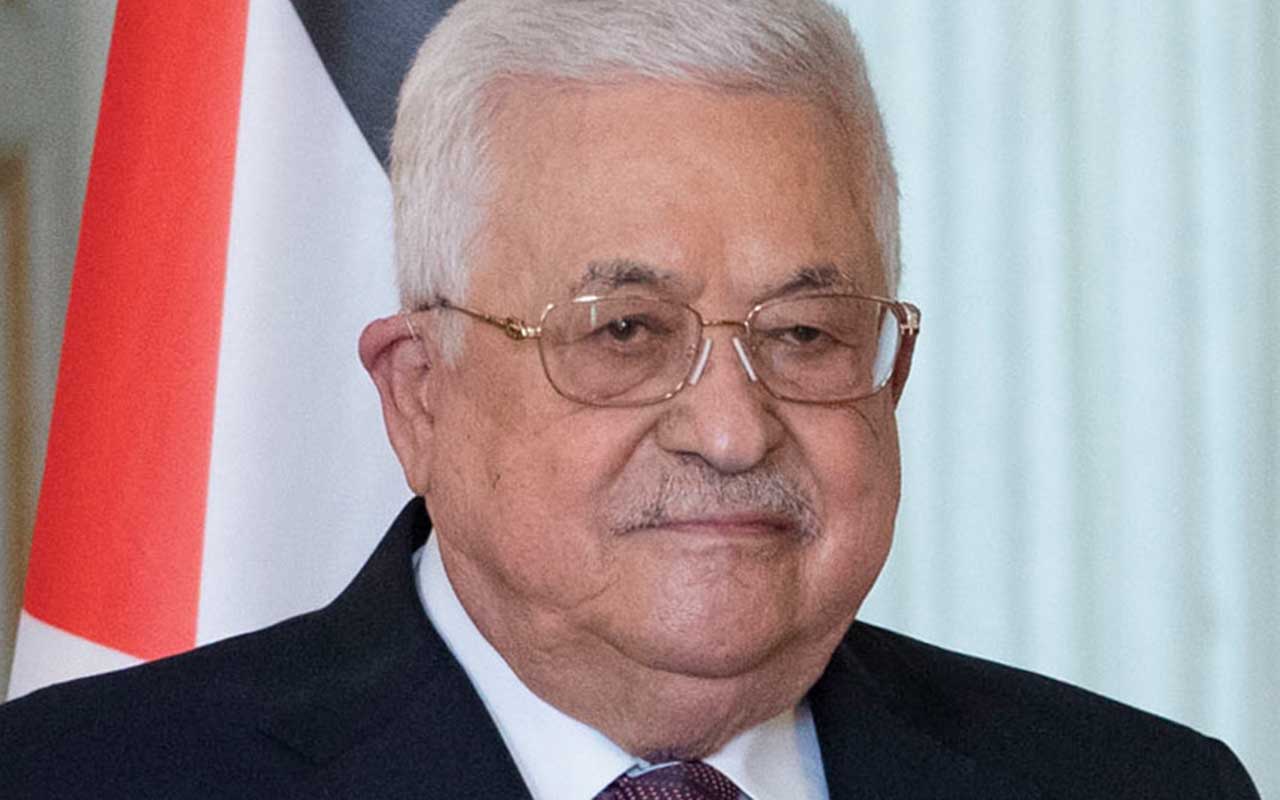Expanding Recognition: Beyond France, the UK, and Western Nations

Overview
A comprehensive understanding of the Israel-Palestine conflict is impossible without delving into its deep-rooted origins. Central to this dispute are the overlapping territorial claims of Israelis and Palestinians, intertwined with intricate regional and global geopolitical dynamics. The West’s unwavering support for Israel-a democratic, economically robust, and militarily capable state-stems from its strategic interests in countering regional adversaries such as Iran, Yemen, and Syria. Meanwhile, moderate Palestinians aspire to coexist peacefully with their Israeli neighbors, yet extremist factions on both sides perpetuate a zero-sum struggle that undermines prospects for harmony.
The conflict is further complicated by blatant violations of international law, including the politicized use of veto power by permanent members of the UN Security Council, which often obstructs impartial resolutions favoring either Israel or Palestine. Extrajudicial killings and other human rights abuses exacerbate tensions, fueling cycles of violence.
The latest eruption of hostilities began on October 7, 2023, when Hamas launched a devastating assault resulting in approximately 1,200 Israeli fatalities and the capture of around 250 hostages. Israel’s retaliatory campaign has been relentless, with the UN Office for the Coordination of Humanitarian Affairs (UNOCHA) reporting over 61,000 Palestinian deaths. A UN Commission of Inquiry in September 2025 accused Israel of committing genocide in Gaza, citing systematic violations such as targeting civilians, inflicting severe physical and psychological harm, obstructing births, and creating conditions aimed at the population’s destruction. Israel denies these allegations but continues to restrict access for independent observers and critical humanitarian aid.
This multifaceted crisis has defied resolution for generations. Against this backdrop, the recent formal recognition of Palestinian statehood by France, the UK, and other Western nations-many of which hold veto power on the UN Security Council-raises the question: what tangible impact can such symbolic gestures have without active engagement and endorsement from the United States, Israel’s most influential ally?
In-Depth Examination
Nelson Mandela’s words in Long Walk to Freedom (1994) resonate profoundly: “If you want to make peace with your enemy, you have to work with your enemy. Then he becomes your partner.” This principle underpins many successful peace processes worldwide.
History offers instructive examples of conflict resolution through pragmatic diplomacy. South Africa’s transition from apartheid to a non-racial democracy, led by Mandela’s commitment to justice and negotiation, exemplifies how entrenched divisions can be overcome. Similarly, the 1920 Svalbard Treaty granted Norway sovereignty over the Spitsbergen archipelago while demilitarizing the region and allowing Russia specific economic and strategic rights-demonstrating how competing interests can be balanced through legal frameworks.
The Nigerian Civil War (1967-1970) also provides a valuable precedent. After the attempted secession of Biafra due to systemic marginalization and violence, the conflict ended with a “no victor, no vanquished” approach, paving the way for national reconciliation and rebuilding. Likewise, the 1978 Camp David Accords, brokered by US President Jimmy Carter, successfully ended decades of hostility between Egypt and Israel, culminating in a lasting peace treaty and normalized diplomatic relations.
The 1998 Good Friday Agreement in Northern Ireland further illustrates how power-sharing and inclusive governance can resolve protracted sectarian violence, reducing casualties and fostering political stability.
Given these examples, why does the Israeli-Palestinian conflict remain so resistant to resolution? Should the future of nation-building be entrusted to uncompromising extremists on either side? The collective punishment of Palestinians for Hamas’s actions, as highlighted by the United Nations, raises profound ethical questions about humanity and justice. Moreover, how can US foreign policy reconcile its unwavering support for Israel with the urgent humanitarian needs of Palestinians in Gaza?
These questions demand thoughtful reflection. Former US Secretary of State Henry Kissinger’s Cold War-era insight remains pertinent: “What is new about the emerging world order is that for the first time, the United States can neither withdraw from the world nor dominate it.” This underscores the complex balancing act the US faces amid rising multipolarity, with powers like Russia and China asserting influence.
Consequently, while the US wields significant leverage over Israel and could insist on an immediate ceasefire and the release of hostages, its strategic interests complicate such actions. Three key factors illustrate this tension:
First, US and Israeli policies converge on dismantling Hamas, exemplified by Israel’s controversial strike in Qatar on September 9, 2025, which targeted Hamas leaders and violated the UN Charter’s mandate for peaceful dispute resolution. Qatar hosts the US military’s Al Udeid base, raising questions about US awareness or complicity in the attack. This incident strained US relations with Gulf allies, prompting Saudi Arabia and Pakistan to formalize a Strategic Mutual Defence Agreement shortly thereafter, casting doubt on US reliability in the region.
Second, both nations share a commitment to neutralizing Iran’s nuclear ambitions, viewing Tehran as a principal threat due to its support for proxy groups like Hamas, Hezbollah, and Palestinian Islamic Jihad. US military actions against Iranian nuclear sites in June 2025 underscore this priority.
Third, Western allies remain divided over responses to allegations of genocide and war crimes involving Israel and Hamas. While countries such as South Africa have pursued legal action at the International Court of Justice, others-including the UK, Australia, Canada, Portugal, France, and several NATO members-have recognized Palestinian sovereignty, signaling a shift in international consensus. This growing isolation of Israel and the US on these issues fuels global debate about accountability and justice.
Final Thoughts
The current impasse is untenable. Beyond rhetoric, the United States must exercise bold leadership grounded in humanity, strategic balance, and adherence to international law. Former President Trump’s 20-point peace proposal for Gaza merits earnest consideration by all parties, provided it moves beyond endless negotiations to concrete implementation that offers Palestinians genuine sovereignty.
For the UK, officially recognizing Palestinian statehood-108 years after the 1917 Balfour Declaration, which supported a Jewish homeland while affirming the rights of non-Jewish communities-represents a corrective step toward historical justice and a two-state solution. Yet, without US endorsement, such recognition remains largely symbolic.
For Western nations, acknowledging Palestinian sovereignty builds momentum on the world stage. Israeli leadership, including Prime Minister Netanyahu, could draw inspiration from the courageous diplomacy of figures like Jimmy Carter, Anwar Sadat, Menachem Begin, and Yitzhak Rabin, who advanced peace through statesmanship rather than conflict.
Overcoming this “imponderable” challenge requires strategic vision and mature leadership, transcending emotional impulses to forge a sustainable path forward.








Leave a Reply